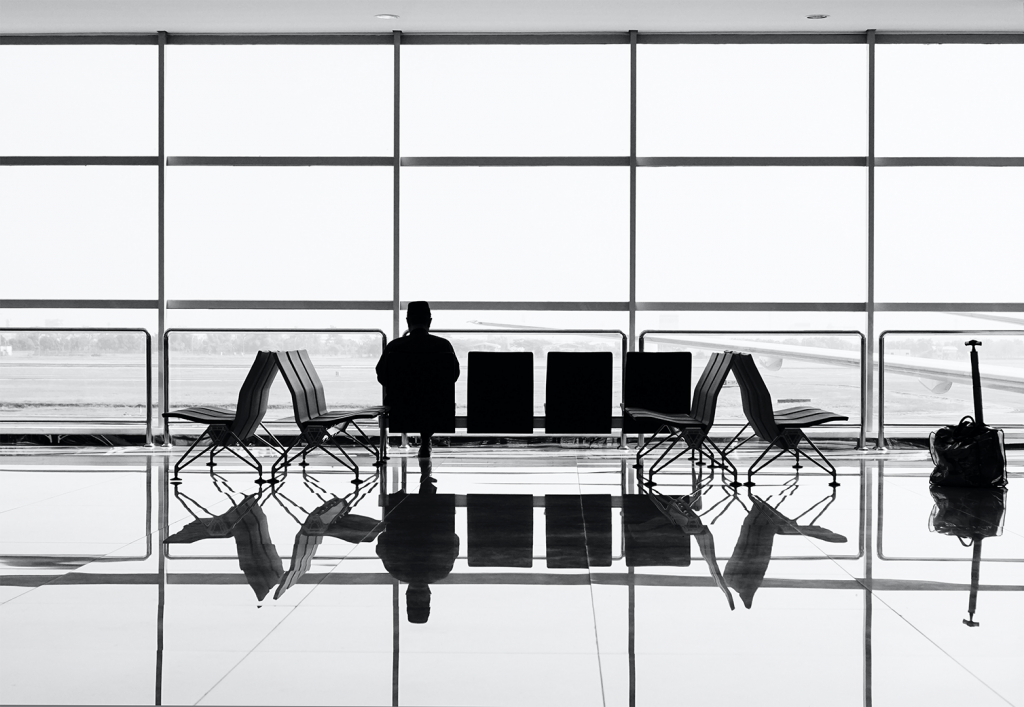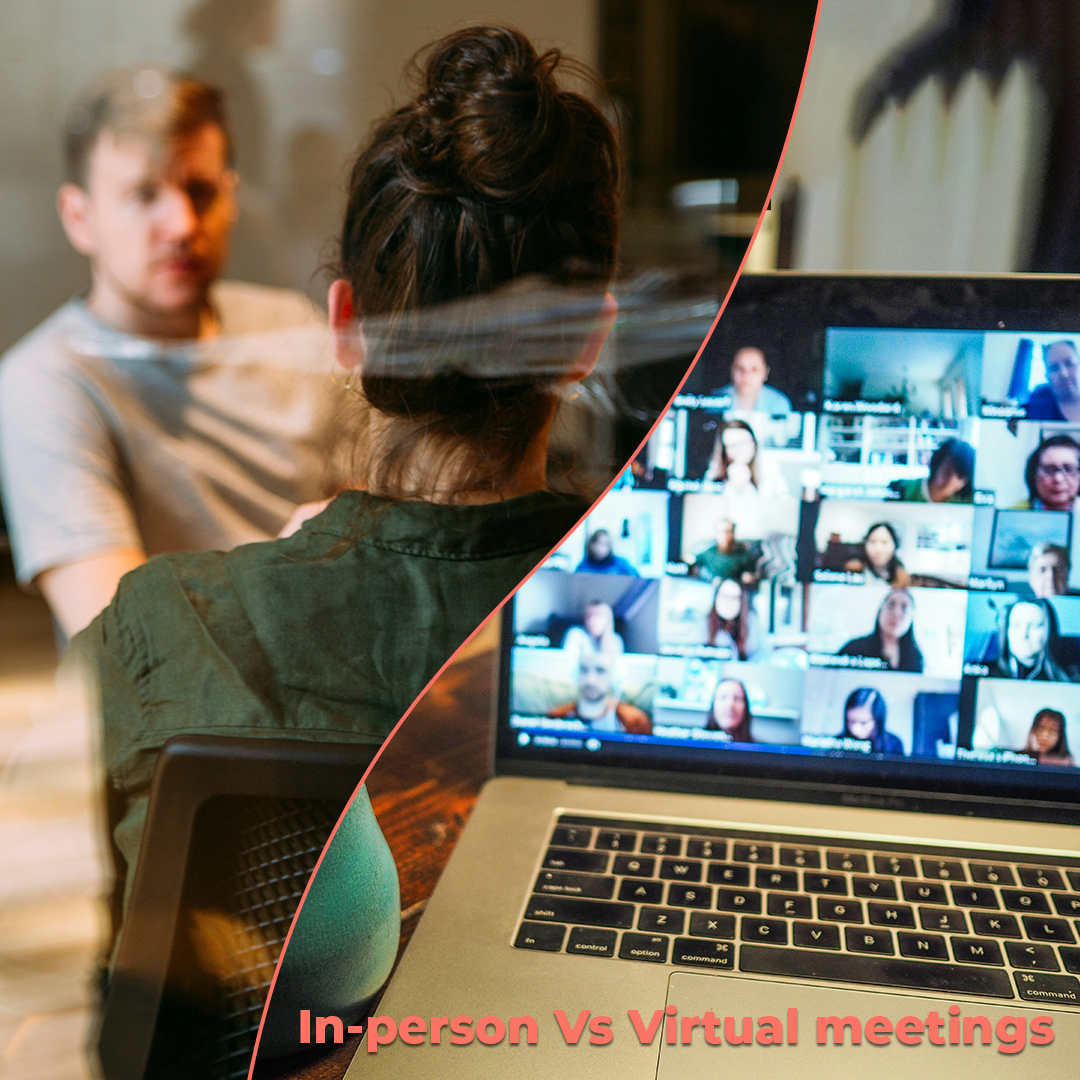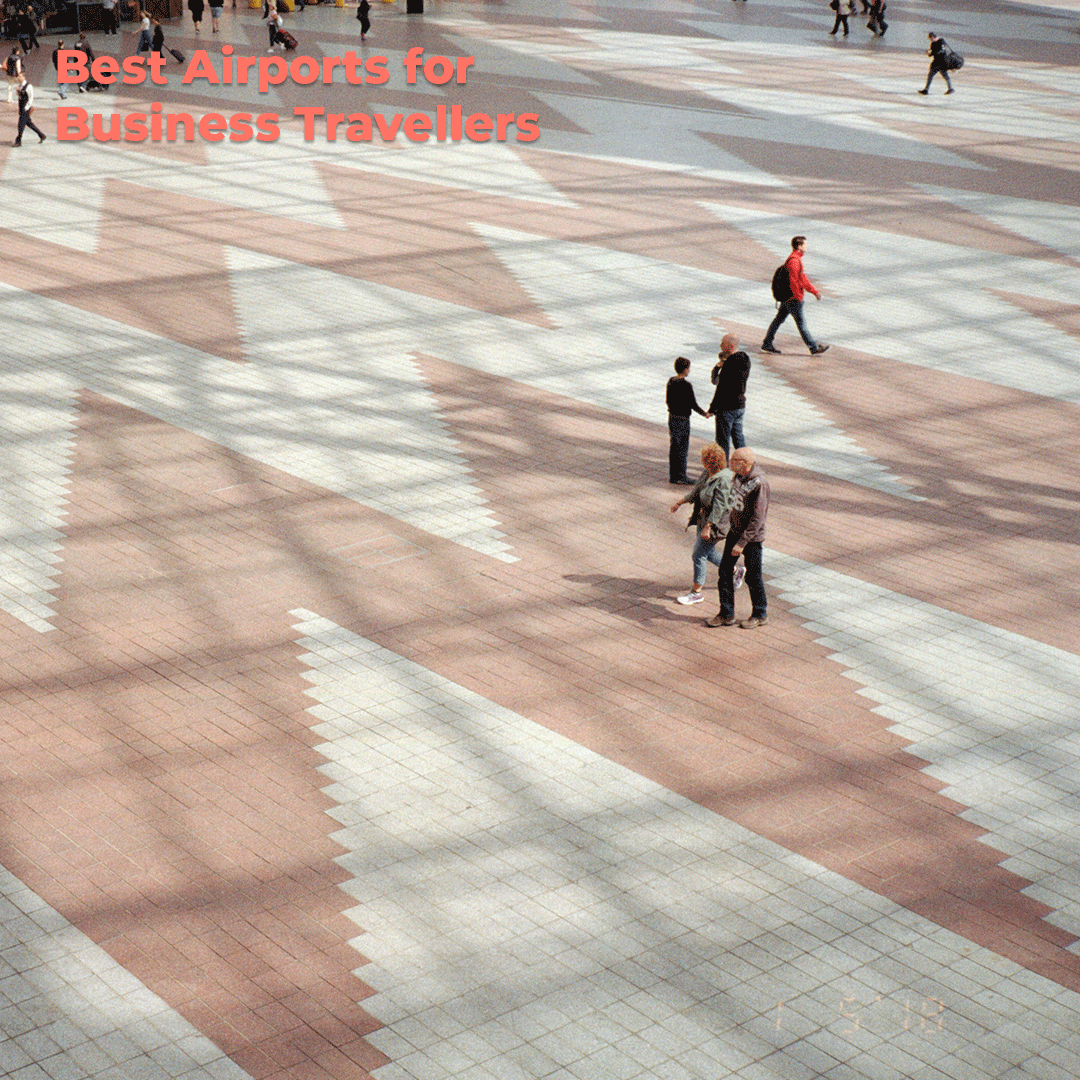
Mental Health Awareness Week 2022
We’re celebrating Mental Health Awareness Week 2022. As lockdowns have ended and most restrictions have eased up many have found themselves reflecting on their mental state. It’s no surprise that the last few years have had a lasting effect on some. Mental Health Awareness Week has aimed to address them this year. And is focusing specifically on loneliness.
As business travellers, we’ve health with our own fair share of issues on business trips. Our team discussed what they’ve found helpful on previous trips, and we’ve put them together in the post below.
Choose to Travel with Company
Most, if not all business trips are lonely. You’re likely going to travel and stay at a hotel on your own, and your business interactions will likely be brief. This can quickly compound across back to back trips and the effects of loneliness can set in. This lifestyle can work for most people, but it’s normal to want to have some meaningful connections while you’re travelling.
One option to consider is how you actually intend to meet with the people on your trip. If you’re meeting in an office, reach out to see if another setting could work instead. Could you enjoy a meal together instead?
We also recommend picking up the phone, instead of sending a text or chatting on messenger. Have an actual phone call with someone you care about. It’s even better if you can do a video call instead. This study found that hearing a familiar voice is a far more effective way to communicate with each other, rather than text.
If you’re adding leisure time to your trip, you could look into the option of taking someone along with you. Of course, this might involve arranging separate travel arrangements. Once you’re done with the business portion of your trip, you can spend time together exploring your destination.
We’ve enjoyed looking for new ways to meet people. Taking part in a class is an excellent way to find people who share similar interests as you. This can lead to building relationships and a valuable network, especially if you’ll be revisiting the same destination multiple times.
Sleeping Routines
Sleeping is a key proponent to good mental health. The ‘right’ amount of sleep will differ for each of us, but the quality of that sleep is what’s most important. Not getting good quality sleep can affect depression and anxiety, and can even lead to insomnia in some severe cases. Poor quality sleep can cause you to underperform in your work, which ultimately leads to more stress (Mind).
Having a disciplined sleeping schedule in your life will benefit you in all aspects of it. Especially when you travel a lot. Sticking to a good schedule on weekdays and weekends ensures your body is ready to sleep when it needs it. Which makes sleeping in unfamiliar surroundings that little bit easier. Doctors recommend 8 hours of sleep, so start with that and try to make sure you’re sleeping and waking up at the same time every day.
We’re also big fans of packing a small sleep kit when you travel. Anything you can bring along with you to make a hotel room feel more like home will help you to get good quality sleep. Hotels can be noisy, so we’d definitely recommend taking some earplugs with you. It can also be particularly disturbing if your room is near the pol or the car park, if this is the case check with the front desk if you can swap to another room.
Pack a small roll of tape to cover up any bright standby LEDs if you need total darkness to sleep, hotel rooms are often filled with electrical devices with these lights. Taking your own pillow is a good option, but if you can’t, using a scented pillow spray at home, that you also use while travelling will help to associate the smell with sleep. Calm has produced an excellent sleep travel kit list here.
Plan your trip
We’ve all left something to the last minute before. Rule #1 of stress-free travel is to plan ahead. Book travel and hotels in advance, putting this off means the cost will be higher and you’re more likely to be disappointed. By having everything organised you’re considerably more likely to not experience anxiety or stress if something goes wrong. Have your trip planned out with an itinerary and it’ll be smooth sailing from the moment you step out of your door.
Without planning effectively, micro stresses can add up. Things like forgetting a charger or misplacing a document can spiral out of control quickly. These small inconveniences can quickly impact your mood, and your attitude to work, avoiding them will ensure your head is clear.
Keeping a diary can be useful. Regularly checking your agenda will take the stress away of trying to remember every meeting and date, and can make your life a lot easier, freeing up space in your mind for more important matters. Another way to keep organised is to keep a to-do list. Microsoft One Note has a great online checklist which can be very handy to use when on the go.
Upgrade your accommodation
When you travel, your hotel room should make you feel at ease. It’s your home base during your stay and should inspire you to make the most of your stay. It‘s no surprise that so many travellers start to feel blue when they return to a dull room after an already stressful day. Without a place to relax and unwind it can be easy to start feeling depressed which can lead to further mental health issues.
Most business travellers have a budget, which can lead to some less than ideal compromises. But by planning ahead effectively, you really can find some great hotel rooms that fit within your budget, try looking outside of the familiar franchises and you’ll be sure to find somewhere great to stay.
Make a travel journal
Journaling can help so many people. There’s no standard, and everyone journals differently. For some people, a simple to-do list is enough, and for others pages of random words and thoughts are just the beginning.
The simple act of taking a pen and committing your thoughts to paper can be a great exercise to help clear your mind. There’s no need to feel pressure with journaling, when you feel like writing, just write. You might go days between entries, and some days might fill several pages, and that’s perfectly fine. Some people even find the act of returning to read an old journal very cathartic, so why not try it?
Who can you contact for Mental Health Awareness Week 2022?
Don’t suffer alone, travelling can be difficult and reaching out for help is not a sign of weakness. And we don’t just want to talk about this during Mental Health Awareness Week So many business travellers are affected by loneliness and mental health issues on the road, and as a community sharing our experiences will only make things better. If you know someone that’s on a trip this week, send them a text or pick up the phone, and ask them how they are, a simple question can go a long way.
If you want to contact a mental health professional, these are some helpful numbers:
Samaritans 116 123
(Free, 24/7)
SANEline 0300 304 7000
(until 22:30)
National Suicide Prevention Helpline 0800 689 5652
(24/7)
Call 999 for immediately life-threatening emergencies or if you feel you can’t keep yourself safe.



